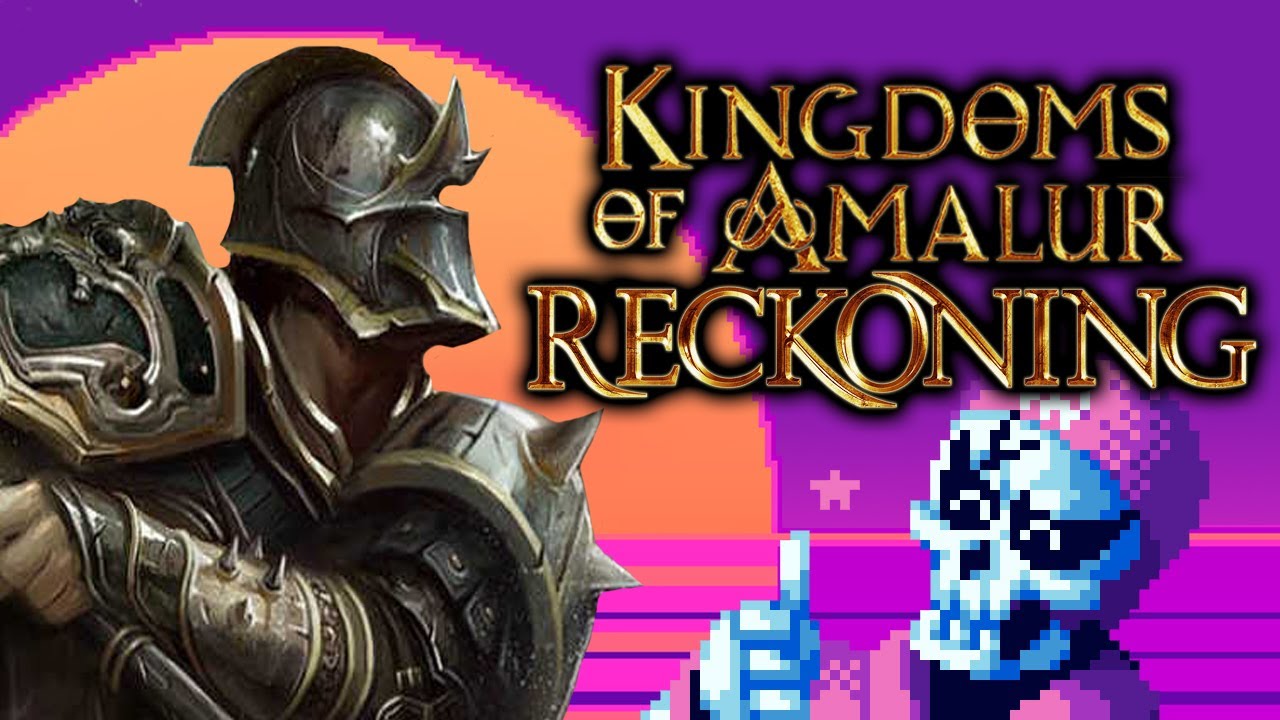Introduction: The Ownership Status of Kingdoms of Amalur
The ownership status of the popular video game, Kingdoms of Amalur: Reckoning, has been a subject of debate and legal battles since the downfall of 38 Studios, the game’s original developer. Curt Schilling, the founder of 38 Studios, envisioned a grand gaming empire but ultimately faced financial difficulties, leading to bankruptcy. This article will delve into the complex issue of who currently owns the rights to Kingdoms of Amalur and explore the legal battles and settlement talks that have taken place.
The Rise and Fall of Curt Schilling’s 38 Studios
Curt Schilling, a former professional baseball player, founded 38 Studios in 2006 with the goal of creating immersive and innovative video games. The company gained considerable attention for Kingdoms of Amalur: Reckoning, a critically acclaimed role-playing game released in 2012. However, financial mismanagement and a lack of sustainable revenue streams led to the demise of 38 Studios.
Legal Battle: Rhode Island’s Lawsuit against 38 Studios
Facing significant financial difficulties, 38 Studios sought financial assistance from the state of Rhode Island. In 2010, Rhode Island offered a $75 million loan guarantee to the company. Unfortunately, the loan guarantee was not enough to save 38 Studios, and the company filed for bankruptcy in 2012. Rhode Island subsequently filed a lawsuit, claiming that it was misled by 38 Studios about the financial viability of the company and seeking to recoup its losses.
The State of Rhode Island as the Majority Creditor
As the primary creditor of 38 Studios, the state of Rhode Island became intricately involved in the bankruptcy proceedings. Rhode Island’s economic development agency, the Rhode Island Economic Development Corporation (RIEDC), sought to recover the funds it had guaranteed to 38 Studios. The RIEDC became the majority creditor in the bankruptcy case, with a significant stake in the company’s remaining assets, including the Kingdoms of Amalur IP.
The Fate of Kingdoms of Amalur: Bankruptcy Proceedings
With the bankruptcy of 38 Studios, the fate of Kingdoms of Amalur became uncertain. The game’s assets, including the intellectual property (IP) rights, were considered part of 38 Studios’ bankruptcy estate. The bankruptcy court oversaw the proceedings and the determination of how the assets would be distributed among creditors, including Rhode Island.
Auctioning Off 38 Studios’ Assets: A Complex Process
To resolve the bankruptcy case, the court authorized the auctioning off of 38 Studios’ assets, including the Kingdoms of Amalur IP. The auction attracted significant interest from various parties within the gaming industry. The complexity of valuing and auctioning off a video game IP made the process challenging, as potential buyers had to assess the game’s future revenue potential.
Analyzing the IP Ownership of Kingdoms of Amalur
Amidst the bankruptcy proceedings, questions arose regarding the ownership of the Kingdoms of Amalur IP. Rhode Island claimed that as the loan guarantor, it held certain rights to the IP. However, the original development agreement between 38 Studios and Rhode Island appeared to grant the IP ownership to 38 Studios. The ambiguity surrounding the IP ownership added another layer of complexity to the legal battle.
Rhode Island’s Claim: Challenging the IP Rights
Rhode Island, as the primary creditor, argued that it had a vested interest in the Kingdoms of Amalur IP. The state claimed that the IP was a valuable asset that could contribute to recouping the funds it had guaranteed. To support its claim, Rhode Island argued that the loan guarantee agreement gave it certain rights relating to the IP, such as the ability to sublicense or sell it.
Settlement Talks: Negotiations between Rhode Island and 38 Studios
Recognizing the complexity and potential costs of further litigation, Rhode Island engaged in settlement talks with the various parties involved in the bankruptcy case. These negotiations included discussions with 38 Studios’ founder, Curt Schilling, and other potential buyers interested in acquiring the Kingdoms of Amalur IP. The goal was to reach a settlement that would allow Rhode Island to recover a significant portion of its losses while also resolving the ownership dispute.
Examining the Impact on Game Developers and Industry
The legal battle over the ownership of Kingdoms of Amalur sent ripples throughout the game development industry, raising concerns about the security of intellectual property rights. The case highlighted the importance of carefully structuring agreements between developers and investors to avoid future conflicts. It also showcased the potential risks faced by state-funded ventures in the gaming industry.
The Final Verdict: Is Rhode Island Still the Owner?
As of the time of writing, no final verdict has been reached regarding the ownership of Kingdoms of Amalur. The settlement talks and legal proceedings are ongoing, with various parties involved in the negotiation process. The final resolution will likely depend on the outcome of these discussions and the decisions made by the bankruptcy court overseeing the case.
Conclusion: The Future of Kingdoms of Amalur
The future of Kingdoms of Amalur remains uncertain as the legal battles and settlement talks continue. The outcome of these proceedings will determine who ultimately owns the IP rights and whether the game will see further development or potential sequels. The case serves as a cautionary tale for both developers and investors in the gaming industry, emphasizing the importance of sound financial management and clear ownership agreements.





